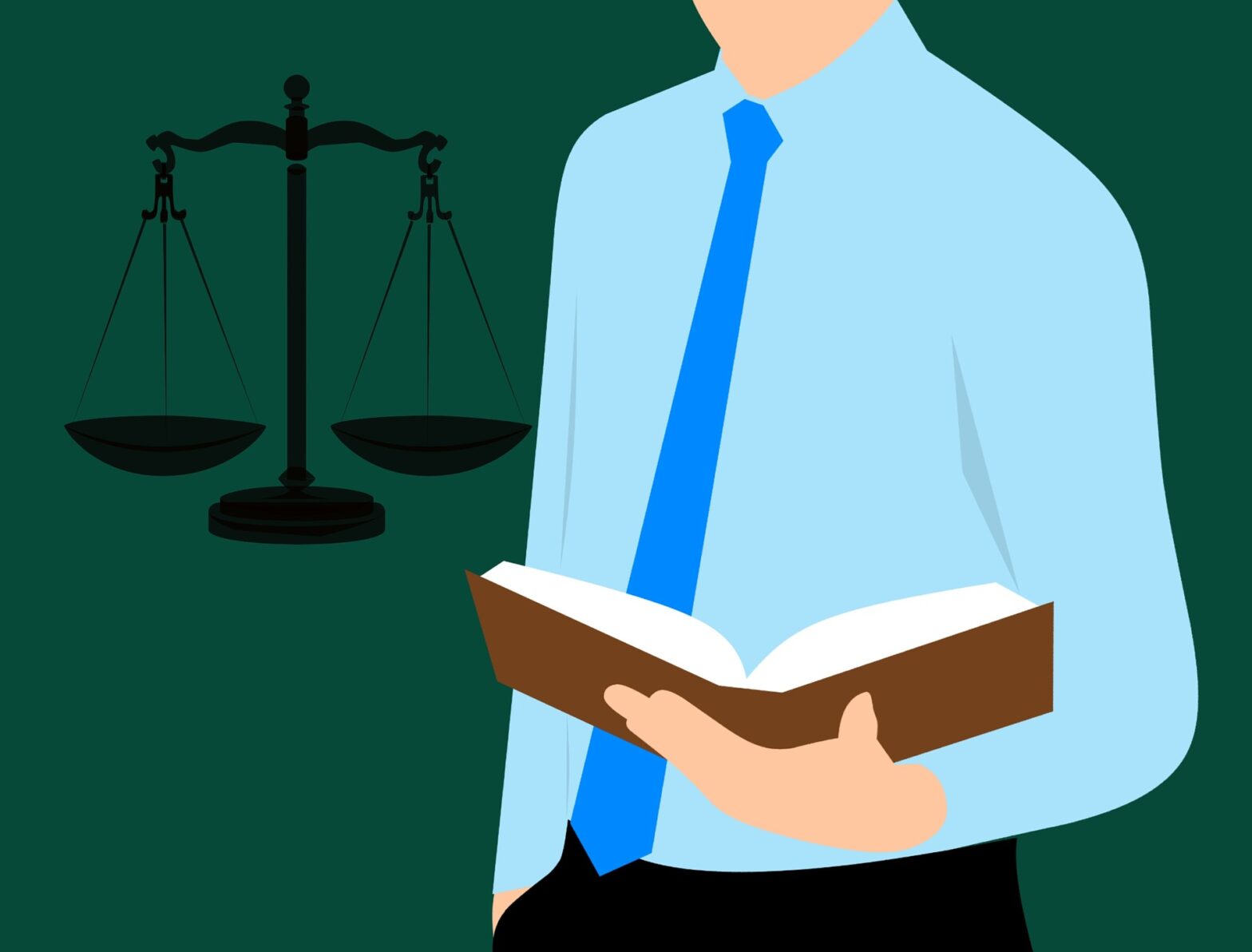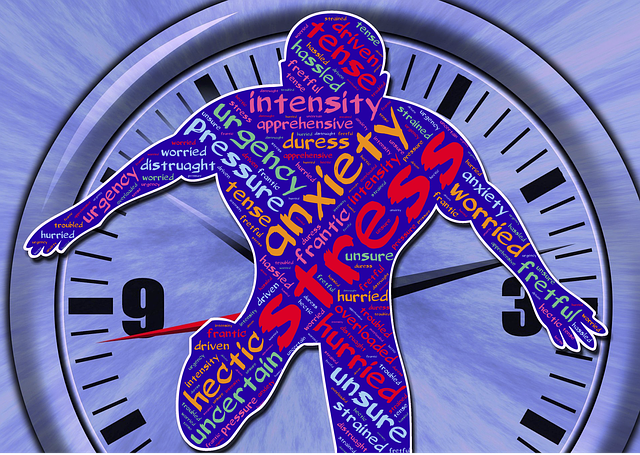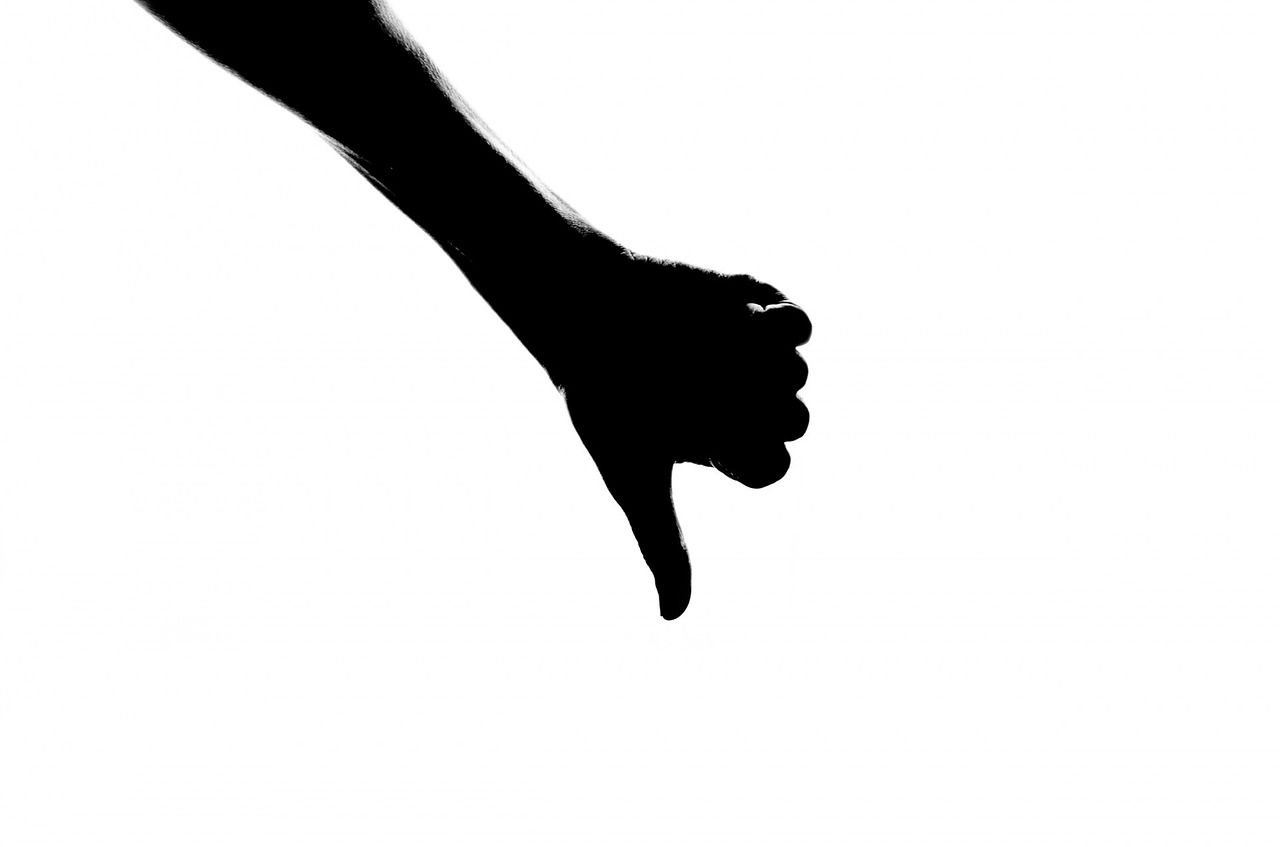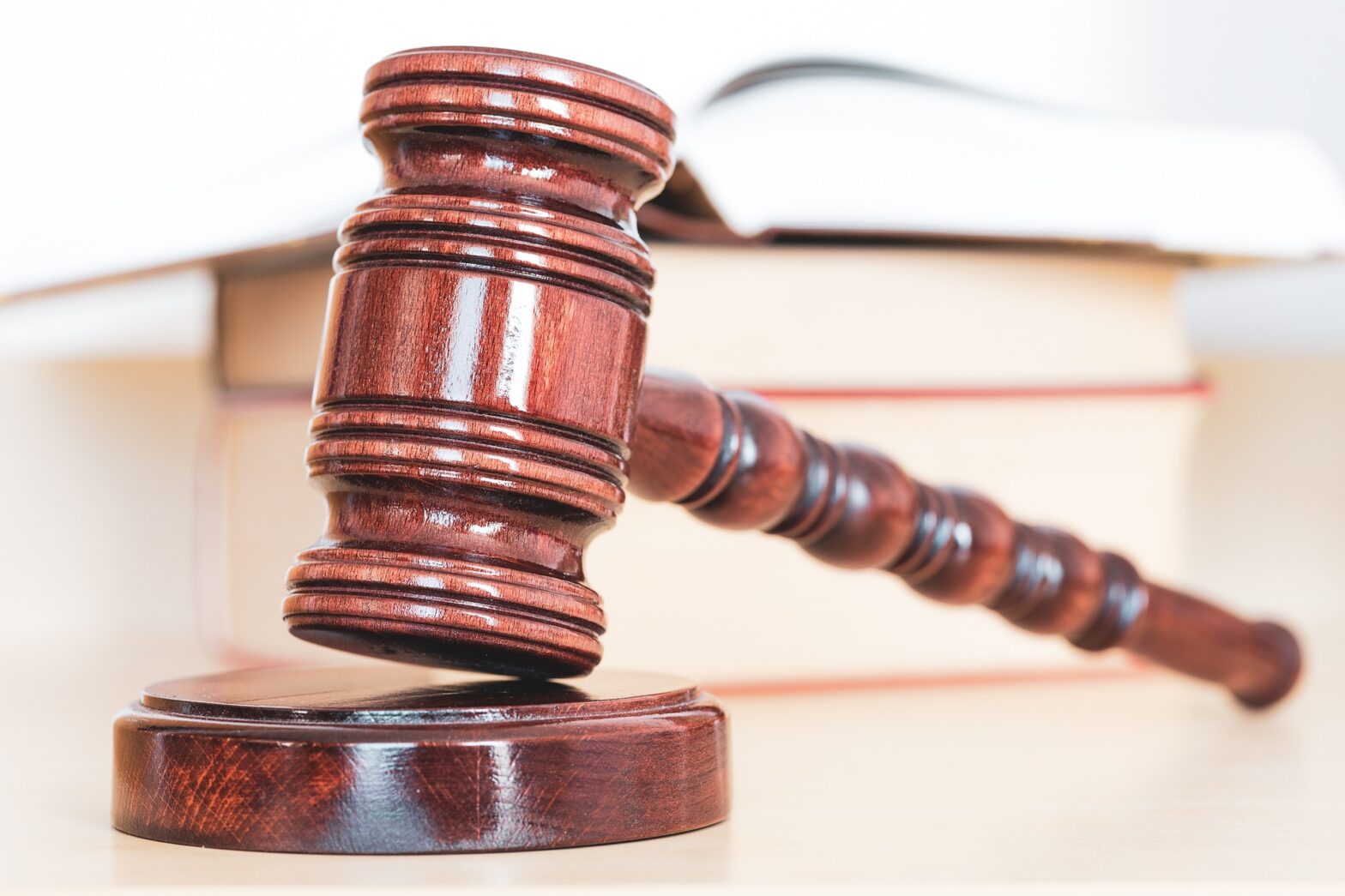Utah pets are an important part of many people’s lives, and Utah bankruptcy laws recognize this by providing some exemptions for pet owners.
Category: Utah Bankruptcy Guy
Origin of Bankruptcy: Utah Bankruptcy
The concept of bankruptcy law is one that dates back thousands of years, with roots in ancient civilizations and religious texts. The biblical origin of bankruptcy law can be traced to the Old Testament, specifically to the laws and practices of ancient Israel.
Homestead: Utah Bankruptcy
A homestead exemption is a legal provision that allows homeowners to protect a certain amount of equity in their primary residence from being seized by creditors in the event of bankruptcy.
Proof of Claim: Utah Bankruptcy
A proof of claim is a crucial component of the bankruptcy process that allows creditors to assert their right to payment from the debtor’s bankruptcy estate.
Co-Debtor: Utah Bankruptcy
It’s important to note that the co-debtor stay only applies to consumer debts, not business debts. Additionally, the co-debtor stay is not a permanent protection.
Cost: Utah Bankruptcy
Bankruptcy is a legal process that provides relief to individuals and businesses that are unable to pay their debts. While a bankruptcy in Utah can offer a fresh start and a path towards financial stability, it is not without its costs.
Do Creditors Get Paid Back? Utah Bankruptcy
It’s important to note that the Utah bankruptcy process is complex, and the amount of money that a creditor is able to recover will depend on the individual circumstances of the case.
Denied: Utah Bankruptcy
It is possible for a Utah bankruptcy case to be denied, either by the Utah bankruptcy court or by the bankruptcy trustee assigned to the case.
Stop a Wage Garnishment: Utah Bankruptcy
There are a few ways to potentially stop or get out of paying a wage garnishment, but it depends on the specific circumstances.
Debt: Utah Bankruptcy
When you file for bankruptcy in Utah, your debt is either discharged (eliminated) or reorganized (repaid over time). The specific outcome for your debt will depend on the type of bankruptcy you file and the type of debt you have









